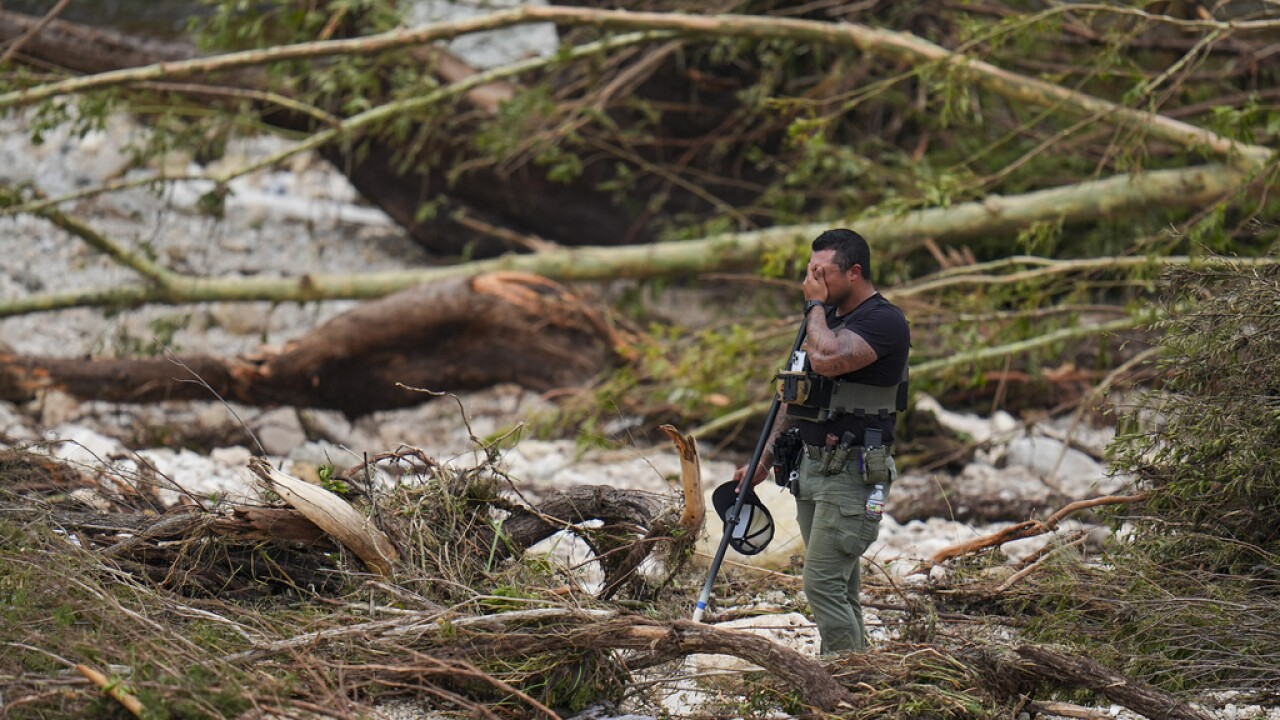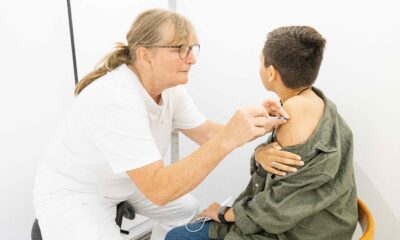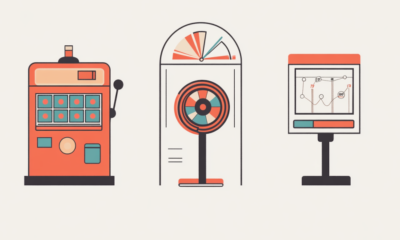Science
Tornadoes Top Americans’ Fears in New Natural Disaster Survey

A recent survey reveals that tornadoes are the most feared natural disaster among Americans, with 46% expressing significant concern. Conducted by Talker Research on behalf of Master Lock, the survey gathered insights from 2,500 respondents across the United States, highlighting regional differences in perceptions of various disasters.
In addition to tornadoes, other natural disasters that evoke fear include tsunamis (43%), earthquakes (35%), and hurricanes (33%). The survey findings indicate that despite the fear associated with these events, many Americans feel unprepared for their potential impact.
Regional Preparedness and Confidence Levels
Responses varied significantly across the country. Northeasterners demonstrated a high level of confidence regarding their preparedness for heatwaves and droughts, with 68% feeling ready. However, only 42% felt prepared for earthquakes, and even fewer, at 38%, felt ready for tornadoes. In the Midwest, approximately 62% of respondents reported nonchalance towards tornado warnings, yet their confidence diminished when considering threats like wildfires (33%) and mudslides (27%).
Despite a rising frequency of flash flooding, only 43% of Americans surveyed felt prepared for such events. The survey also classified individuals into a category of “disaster veterans,” defined as those who are exceptionally prepared for emergencies. Only 14% of respondents identified as disaster veterans, with a higher percentage of 19% in the Southeast, a region more frequently impacted by hurricanes.
Living Through Disasters and Lessons Learned
Many respondents have encountered natural disasters in their lives, with the average person facing four different events. One participant from Florida remarked, “Hurricanes are a big part of my life. We are always prepared with extra food and emergency supplies.” Conversely, another individual shared their regret after ignoring evacuation orders during Super Storm Sandy in Seaside Heights, NJ.
The survey pointed out that while many are familiar with natural disasters, the aftermath often catches them off guard. Key areas of unpreparedness included prolonged power outages (47%), witnessing destruction (39%), and the lengthy recovery process (36%). Surprisingly, fewer respondents felt unprepared for retrieving important items (25%) or managing financial burdens (19%) associated with rebuilding.
Despite personal experiences, half of those surveyed (51%) noted that severe weather events are becoming more common, and 37% believe these events are intensifying. Notably, 80% of respondents reported increased awareness of natural disasters compared to a decade ago, yet 61% agree that it has become more challenging to prepare for such events today.
According to JP Benjamins, Senior Director of Category Management at Master Lock, “Thirty-one percent of those who’ve lived through a natural disaster have lost important items or documents. No matter how prepared you think you are, it’s essential to review and update your preparedness plan.”
When facing severe weather, 21% of respondents prioritize gathering family and pets to evacuate, while 14% prepare their homes. However, only 11% make it a point to collect essential items during a crisis.
Encouragingly, nearly half of those surveyed (46%) could correctly differentiate between a severe weather “watch” and a “warning.” On ordinary days, Americans check their weather apps about three times, but this increases to five times per day when severe weather is imminent. Still, 30% of respondents lack any preparedness plans for natural disasters.
Only 28% have prepared for tornadoes, while even fewer are ready for heatwaves (22%), hurricanes (21%), or flash floods (19%). Notably, only 17% store important documents and valuables in a fire or water-resistant safe, indicating a gap in disaster preparedness.
As the weather landscape continues to evolve, Benjamins emphasizes the importance of investing in certified fireproof or waterproof safes to protect valuable items. With natural disasters becoming increasingly unpredictable, proactive steps can make a significant difference in safeguarding personal belongings.
-

 Technology5 months ago
Technology5 months agoDiscover the Top 10 Calorie Counting Apps of 2025
-

 Technology3 weeks ago
Technology3 weeks agoOpenAI to Implement Age Verification for ChatGPT by December 2025
-

 Health3 months ago
Health3 months agoBella Hadid Shares Health Update After Treatment for Lyme Disease
-

 Health4 months ago
Health4 months agoAnalysts Project Stronger Growth for Apple’s iPhone 17 Lineup
-

 Health4 months ago
Health4 months agoErin Bates Shares Recovery Update Following Sepsis Complications
-

 Technology5 months ago
Technology5 months agoDiscover How to Reverse Image Search Using ChatGPT Effortlessly
-

 Technology3 months ago
Technology3 months agoElectric Moto Influencer Surronster Arrested in Tijuana
-

 Technology5 months ago
Technology5 months agoMeta Initiates $60B AI Data Center Expansion, Starting in Ohio
-

 Technology2 months ago
Technology2 months agoDiscover 2025’s Top GPUs for Exceptional 4K Gaming Performance
-

 Technology5 months ago
Technology5 months agoRecovering a Suspended TikTok Account: A Step-by-Step Guide
-

 Health5 months ago
Health5 months agoTested: Rab Firewall Mountain Jacket Survives Harsh Conditions
-

 Lifestyle5 months ago
Lifestyle5 months agoBelton Family Reunites After Daughter Survives Hill Country Floods




















